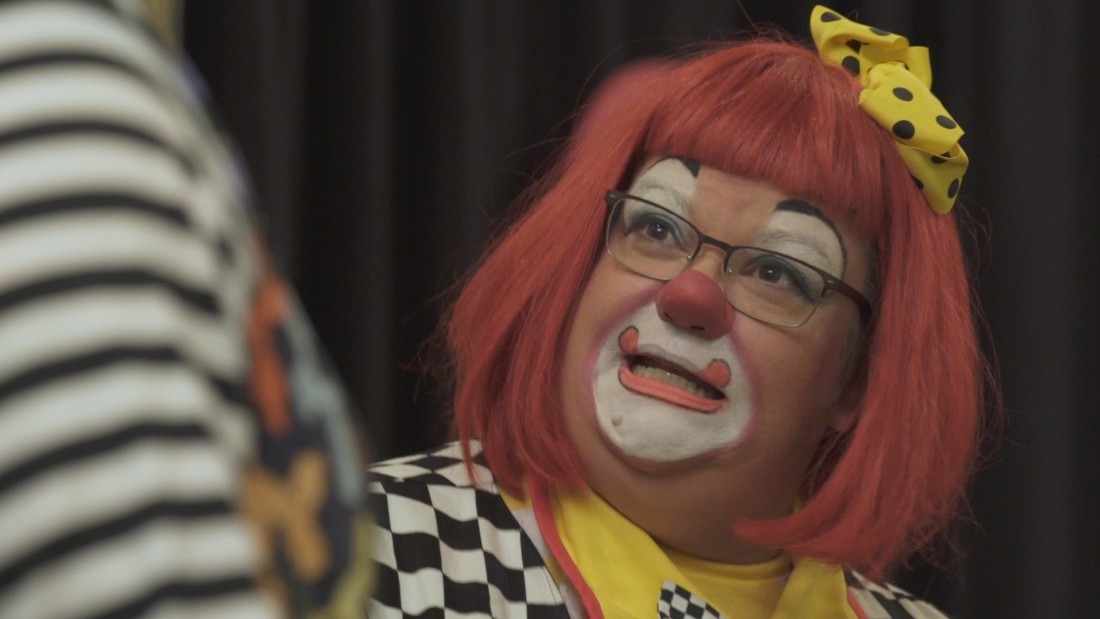More About All Occasion Performers
More About All Occasion Performers
Blog Article
Some Known Incorrect Statements About All Occasion Performers
Table of ContentsNot known Factual Statements About All Occasion Performers The Best Strategy To Use For All Occasion PerformersWhat Does All Occasion Performers Do?All Occasion Performers for BeginnersFacts About All Occasion Performers Uncovered
Political comic artist Thomas Nast based his drawings of Uncle Sam on Rice and his outfit. Dan Rice was an established animal instructor. He concentrated on pigs and burros, which he educated and sold to various other clowns. He also provided a show a trained rhinoceros and is the only person in circus history to present a tightrope walking elephant.He was also a philanthropist that offered kindly to many charities and he set up the very first monolith to soldiers eliminated during the Civil Battle - Corporate events Dallas TX. Beginnings of the Auguste characterThere is an extensively informed tale about the origins of the Auguste clown. According to the tale, an American acrobat called Tom Belling was performing with a circus in Germany in 1869
The manager suddenly entered the area. Belling removed running, ending up in the circus sector where he tipped over the ringcurb. In his shame and rush to get away, he fell over the ringcurb once again on his means out. The target market yelled, "auguste!" which is German for fool. The supervisor regulated that Belling proceed appearing as the Auguste.
All Occasion Performers for Dummies
For something, the word Auguste did not exist in the German language until after the personality came to be preferred. Among the concepts of the real beginning is that Belling replicated the character from the R'izhii (Red Haired) clowns he saw when he toured Russia with a circus (https://pxhere.com/en/photographer/4283886). Characters like the auguste definitely existed previously

The dancing later on became called faucet dance. It needs to be kept in mind that there are alternate 'beginnings' for the vagrant personality"among which was the taking a trip "hoe kids," or itinerant farm workers, who rode the rails from one community to one more, cleaning the residue away from their eyes & mouth.
The Ultimate Guide To All Occasion Performers
Keep in mind that the scare wig, exaggerated lips and eyes, extra-large clothes and props of the American clown, props such a seltzer water, packed clubs, exploding stogies, and whistles full of residue, are not Grimaldi's. They come from Tambo and Bones. The English blackface comic Charles Mathews came to America in 1822 to execute and researched black life and customs.
In such plays there is a collection of characters including "kings" and "saints", cross-dressing, and blackface duties; the faces of Morris (or "Moorish") dancers were also blackened. Many were done by bad guys in the starving time after Xmas.
The Derby Play of the Tup was done for food and beer by out of work young people. One such demonstration has gone into American history as the Boston Tea Celebration.
The 7-Minute Rule for All Occasion Performers
While not the lavish affairs we think about today, some early, rougher kinds of taking a trip circus were popular in America from Revolutionary times-- George Washington was a follower. Blackface clowns carried out in them from at the very least the 1810s and maybe prior to; they were a staple by the 1820s. The broad red or white mouth repainted on by modern-day clowns is a remnant of the blackface mask.
In numerous aspects minstrelsy was birthed when these entertainers relocated their acts from the outdoor tents to the phase of American selection cinemas. Definitely there was a solid element of clowning in minstrelsy. The blackface mask was a clown's disguise, exaggerating the face attributes right into an anime, a caricature. The blackface clown might be the forerunner of today's anodyne circus clown, yet or else both are as contrary as blackface and whiteface.
Some Known Details About All Occasion Performers
That in nineteenth-century America was even more of a Besides the Negro? What better mask than blackface? In several traditions the clown would show some physical deformity, like a hunchback, dwarfism-- or like Jim Crow, lameness - Corporate event ideas Dallas. And due to the fact that he was different, an Others, the clown was allowed to claim and do things no one else could.
Witticism and apology look at more info were central to minstrelsy. It's interesting that in the West African cultures where most servants came, the poet-singer griot offered the very same ridiculing jester function when the occasion occurred. That may have something to do with the curious (to us, looking back) simplicity with which Southern Blacks approved not simply the music but even the undermining wit of minstrelsy.

Emmett Kelly was the finest understood tramp clown with his character "Weary Willie."Vagrant clowns are knowledgeable: + jugglers + illusionists + pianists + chalk talk artist + bicyclists.
Report this page